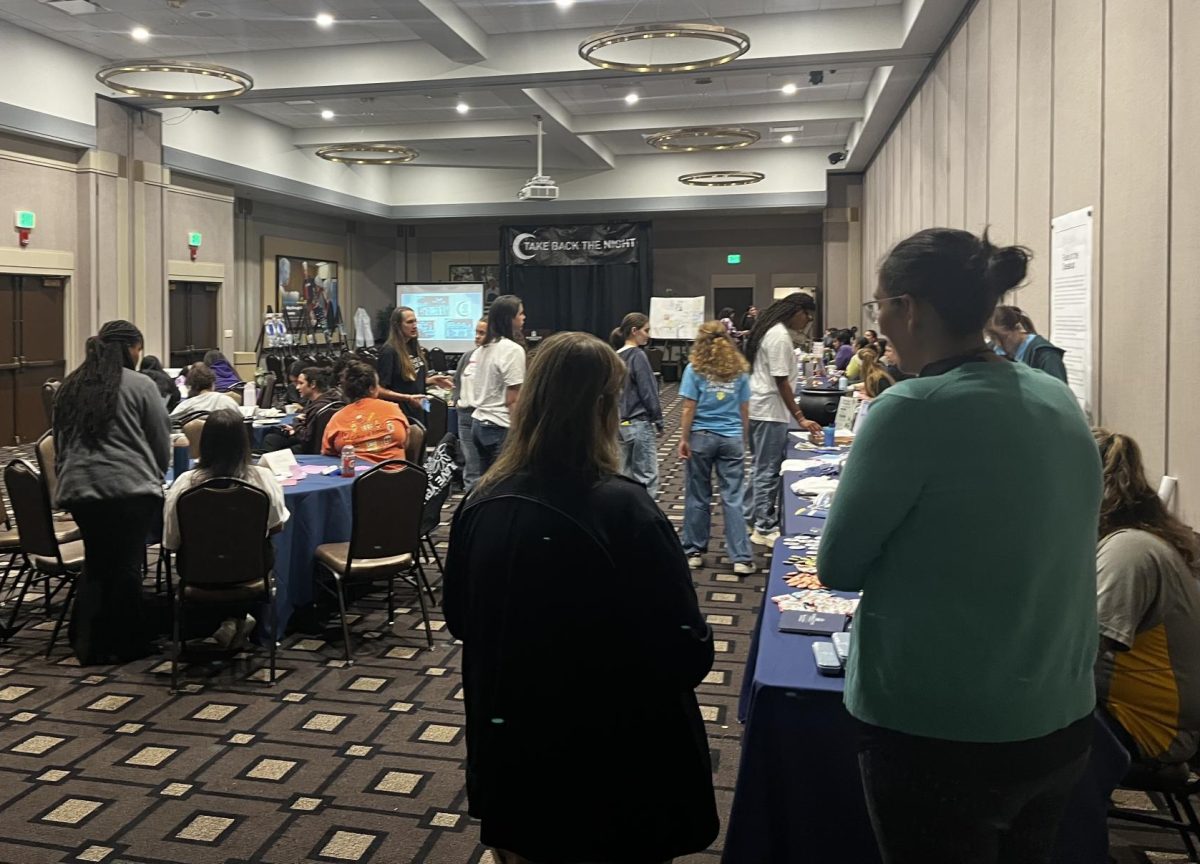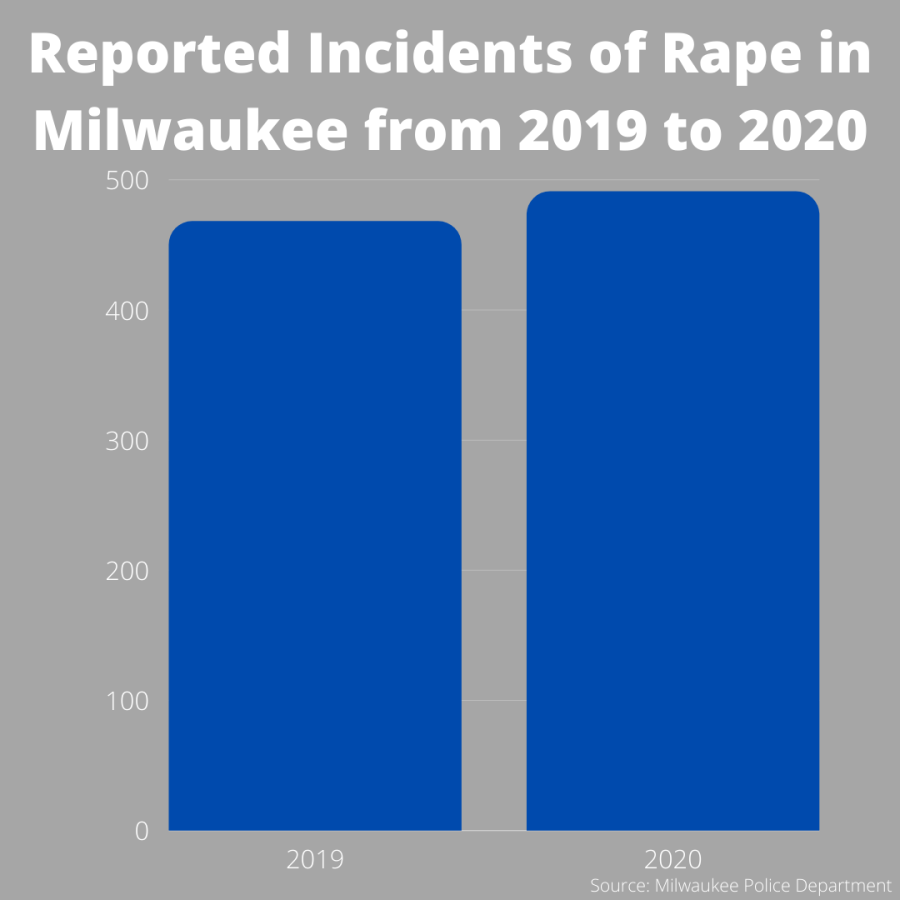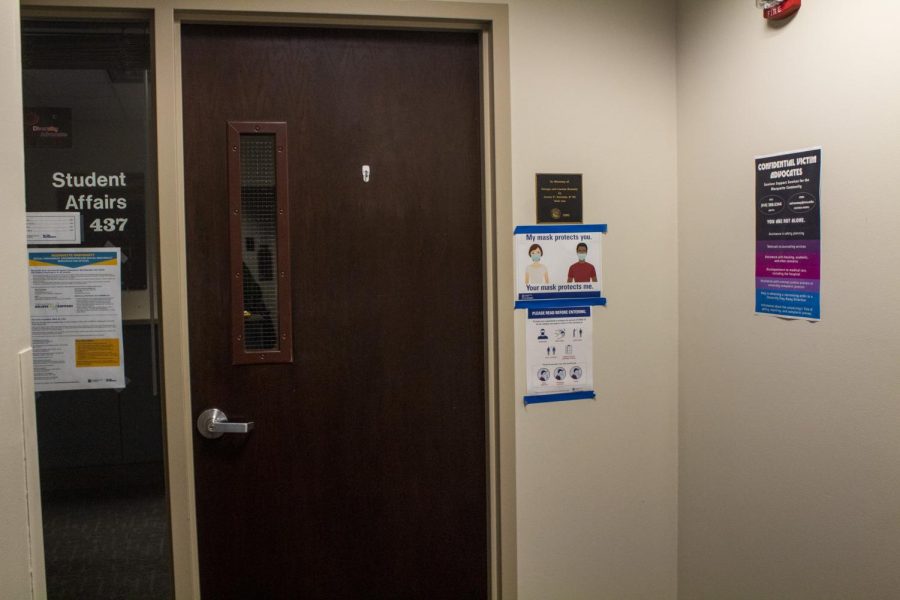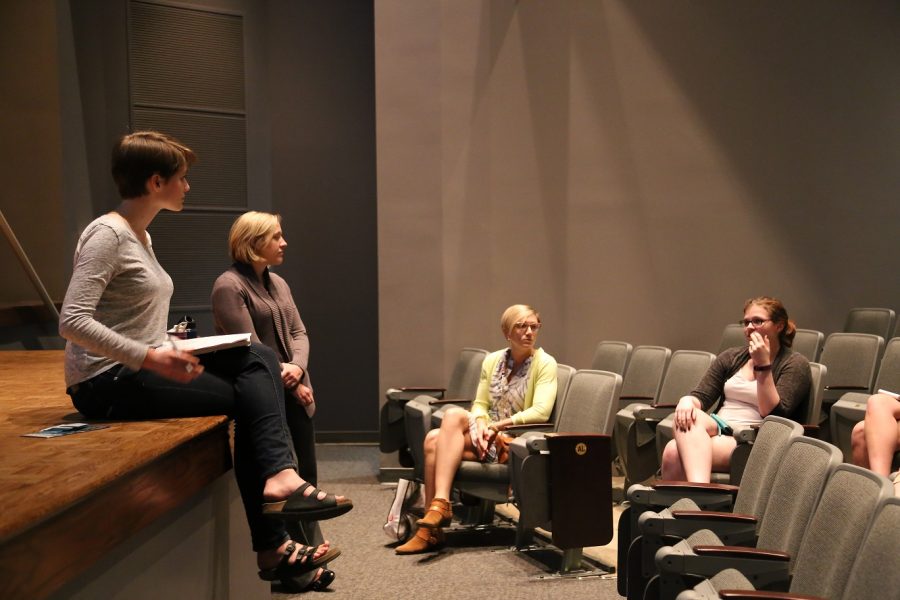Having a relationship is not an entitlement to sex.
An acquaintance, a friend, a significant other or a spouse should all have at the core of a relationship: a mutual understanding of respect and consent and yet, this is still a foreign concept to some.
One of the most concerning aspects regarding sexual assault is the trauma that can be induced by someone that you believe to be close to, someone you consider to be a friend or a partner. 85% of rapes are committed by someone the survivor knows and may trust.
There’s a difference that may not be fully understood between sexual coercion and sexual consent. Sexual coercion can be defined as “unwanted sexual activity that happens when you are pressured, tricked, threatened, or forced in a nonphysical way,” according to the U.S. Department of Health and Human Services. However, sexual consent is free and willing participation in a sexual act without any threat or pressure to engage.
Consent is not existent when a person feels threatened, pressured, under the influence of alcohol or drugs, physically incapable of agreeing, has an imbalanced power dynamic, or withdrawals consent at any point before or during the sexual experience. This is non-negotiable, including within the dynamics of a relationship.
The methods used by those who pressure an individual into sex can lead to confusion and denial about sexual assault because it may be normalized in a marriage or a romantic relationship to engage in sexual activity. However, despite these relationships, the person still has the right to say “no”.
50% of men aged 18-34 agreed with the statement, “If your girlfriend is willing to kiss you, they must be willing to do other sexual acts”. This conditional aspect of a relationship does not incorporate the standard of consent.
This conditional line of thinking can then influence the way that women can be verbally coerced into sexual relationships, as research shows the most basic standard in sex — consent — was nonexistent in more than half of women’s first sexual experiences.
Far beyond an individual’s first sexual experience, this entitlement can manifest itself in marriage as an estimated one in seven women experienced physical or sexual assault by an intimate partner or husband in 2018. However, this number may be higher because the statistic fails to incorporate the increase in domestic violence situations that occurred during the COVID-19 pandemic.
While sexual assault is not a uniquely female experience, as men can be sexually abused as well, it happens to women under the age of 18 at an alarmingly higher rate when compared to men. 93% of these perpetrators are known to the victim when they are underage.
This is not an issue that affects our adults but our children and teenagers as well. Over ten million girls under the age of 18 have experienced rape or attempted rape, which increases the likelihood that they may experience sexual violence as an adult. Experiencing sexual assault has the potential to create a cycle, but we have the power to break that.
The difference between sexual coercion and sexual consent must be known. Rape is still rape when it is committed by someone you know. Listening to survivors must be a priority.
A relationship is not a gateway to any sexual relationship. At the end of the day, no one is entitled to you.
This story was written by Laura Niezgoda. She can be reached at laura.niezgoda@marquette.edu.





